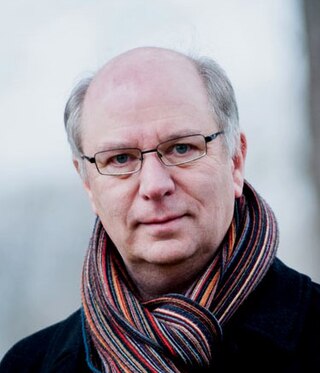The OED is the Oxford English Dictionary, the principal historical dictionary of the English language.
OED or oed may also refer to:
The OED is the Oxford English Dictionary, the principal historical dictionary of the English language.
OED or oed may also refer to:
The identity of the longest word in English depends on the definition of a word and of length.

The Oxford English Dictionary (OED) is the principal historical dictionary of the English language, published by Oxford University Press (OUP). It traces the historical development of the English language, providing a comprehensive resource to scholars and academic researchers, as well as describing usage in its many variations throughout the world.
In anatomy, a meatus, plural "meatus" or "meatuses", is a natural body opening or canal.
This a list of holidays in Nauru, an island nation in Micronesia.

Huzzah is, according to the Oxford English Dictionary (OED), "apparently a mere exclamation". The dictionary does not mention any specific derivation. Whatever its origins, it has seen occasional literary use since at least the time of Shakespeare, as the first use was in 1573, according to Merriam-Webster.

Sir James Augustus Henry Murray, FBA was a Scottish lexicographer and philologist. He was the primary editor of the Oxford English Dictionary (OED) from 1879 until his death.

The Shorter Oxford English Dictionary (SOED) is an English language dictionary published by the Oxford University Press. The SOED is a two-volume abridgement of the twenty-volume Oxford English Dictionary (OED).

The English adjective free is commonly used in one of two meanings: "at no monetary cost" (gratis) and "with little or no restriction" (libre). This ambiguity of free can cause issues where the distinction is important, as it often is in dealing with laws concerning the use of information, such as copyright and patents.
Edmund S. C. Weiner is the former co-editor of the Second Edition of the Oxford English Dictionary (1985–1989) and Deputy Chief Editor of the Oxford English Dictionary (1993–present). He originally joined the OED staff in 1977, becoming the dictionary's chief philologist.
Oxford spelling is a spelling standard, named after its use by the University of Oxford, that prescribes the use of British spelling in combination with the suffix -ize in words like realize and organization, in contrast to use of -ise endings.

Oenophilia is a love (philia) of wine (oinos). In the strictest sense, oenophilia describes a disciplined devotion to wine, accompanying strict traditions of consumption and appreciation. In a general sense however, oenophilia simply refers to the enjoyment of wine, often by laymen. Oenophiles are also known as wine aficionados or connoisseurs. They are people who appreciate or collect wine, particularly grape wines from certain regions, varietal types, or methods of manufacture. While most oenophiles are hobbyists, some may also be professionals like vintners, sommeliers, wine merchants, or one who tastes and grades wines for a living.

Lexico was a dictionary website that provided a collection of English and Spanish dictionaries produced by Oxford University Press (OUP), the publishing house of the University of Oxford. While the dictionary content on Lexico came from OUP, this website was operated by Dictionary.com, whose eponymous website hosts dictionaries by other publishers such as Random House. The website was closed and redirected to Dictionary.com on 26 August 2022.

John Simpson is an English lexicographer and was Chief Editor of the Oxford English Dictionary (OED) from 1993 to 2013.
Peter Gilliver is a lexicographer and associate editor of the Oxford English Dictionary.
Oxford dictionary may refer to any dictionary published by Oxford University Press, particularly:

The Ring of Words: Tolkien and the Oxford English Dictionary is a 2006 book by three editors of the Oxford English Dictionary, Peter Gilliver, Jeremy Marshall and Edmund Weiner. It examines J. R. R. Tolkien's brief period working as a lexicographer with the OED after World War I, traces his use of philology as it is apparent in his writings, and in particular in his legendarium, and finally examines in detail over 100 words that he used, developed or invented.